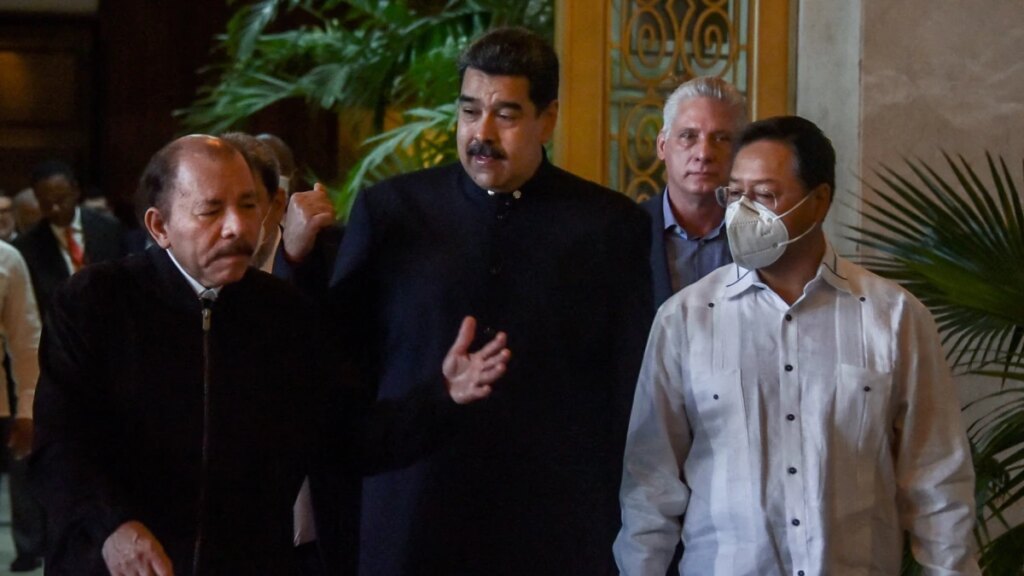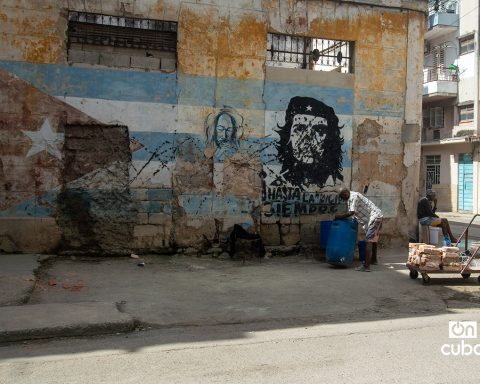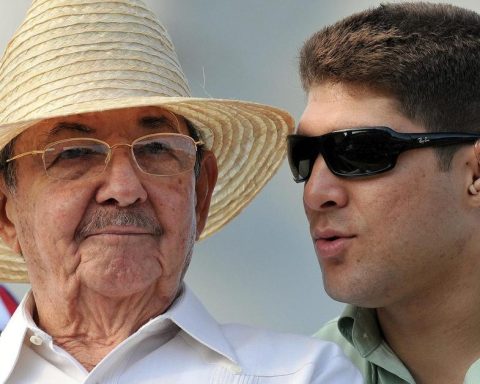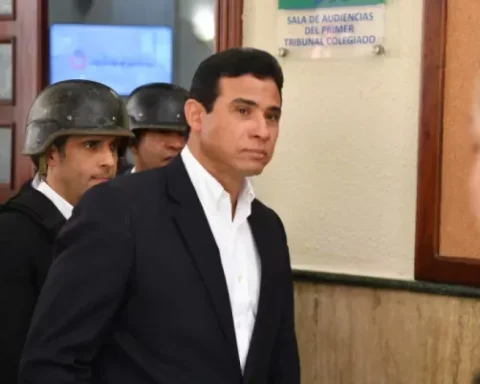For five years, the Brazilian Cartridge Company will profit from Dimabel’s infrastructure and personnel for ammunition production. A direct concession of a military strategic public good was made to the company in which the Brazilian State is also a shareholder. The concession was made without price competition or bidding, nor was the payment of a canon to the Paraguayan State established. This agreement is very similar to Itaipu’s submissive act.
By Jorge Torres-Romero
Following an agreement signed on April 5 between the Military Forces Command of our country and the Brazilian Company of Mercosur Cartridges (CBC), it is established that the Brazilian firm outsources its ammunition production at the Dimabel facilities, with machinery and personnel from the military unit of Paraguay, being their only consideration, for all this infrastructure at their disposal, the training of production personnel.
The Brazilian company will provide the necessary raw materials and supplies to reach 100% of the manufacturing capacity, and will market the finished products, enjoying in both cases the tax benefits of the Law 60/90 and maquila regimes. If CBC Mercosur needed to incorporate machinery to increase the production line or update the plant, it would also benefit from these benefits.
Likewise, if it is necessary to incorporate a greater number of personnel to increase production, it will resort to retired Dimabel officials. These will be trained by the same company, knowing that they already receive their retirement benefits, with which they can easily persuade them to accept remuneration well below what an undistorted market would demand, retirement as a subsidy in favor of business.
All this during the five-year period in which CBC Mercosur will profit from Dimabel’s infrastructure and personnel at zero cost, offering training to the personnel at its disposal, with raw materials, supplies and additional machinery with tax benefits, which will also reach its exports of finished products; and the extra staff that may be required at “subsidized” costs.
All this is stipulated in the signed agreement. Given so many benefits for CBC Mercosur, it is worth asking ourselves, what will be the benefits for Dimabel and for the Paraguayan State?
THE INITIAL ANNOUNCEMENT THAT WAS NOT FULFILLED
At the end of last year, the official government agency announced with great fanfare the installation in Paraguay of the company Companía Brasileña de Cartridges (CBC), after an economic mission to Brazil by the Minister of Industry and Commerce, Luis Castiglioni. The private investment project under the maquila regime was with an offer of training from Dimabel.
According to the initial announcement, the project would contemplate the investment of some US$ 20 million with the direct hiring of 80 officials. During the second and third stages, the purchase of land for the construction of a 10-hectare industrial park in unpopulated regions with easy access to the Paraguay River was planned, which will have an investment of approximately 100 million dollars. As part of the project, the CBC undertook to provide advice, support, training and assistance to the war industry plant that will be implemented in Paraguay, and will be in charge of the Directorate of War Material (Dimabel), located in the city of Piribebuy , Mountain range.
The Brazilian company has a positive opinion from the National Council of Export Maquiladora Industries (Cnime), the Investment Council of Law 60/90 and the Ministry of National Defense to invest in Paraguay. However, he needed Dimabel’s authorization to make the installation official.
However, the speeches and agreements, at the time of their execution had a total change of plans and quite striking surprises. What was announced and was being discussed was the arrival of a significant investment from a world-leading company in its field – which managed to take advantage of the tax benefits of the Law 60/90 and maquila regimes – and which also offered to cooperate with technical training to the historical, strategic and almost obsolete national war industry.
On April 5, 2022, a prior agreement of understanding is signed. The signing took place at the headquarters of the Ministry of Industry and Commerce (MIC), with the participation of Minister Castiglioni and the Minister of National Defense, Bernardino Soto Estigarribia.
The official communication from the MIC does not differ much from the announcements related to investment and training, except for the detail mentioned by Minister Soto that qualified labor from retired soldiers will be used.
Dimabel mentions in its newsletter that under the agreement, the CBC Mercosur contracts Dimabel for the industrialization by order of ammunition at Dimabel’s facilities, so that the latter can use 100% of its manufacturing capacity. In this case, the CBC will provide the necessary raw materials and inputs and will be responsible for the marketing of the aforementioned ammunition.
Analyzing the signed agreement, nowhere is there any reference to an investment plan of millions of dollars, acquisition of 10 hectares for its facilities, or generation of qualified labor, as it had been announced according to the presentations made before the various State entities.
All this was forgotten, to remember a completely different production model that has nothing to do with previous negotiations.
The great benefits for the country that were exposed in practice do not occur and General Aldo Ozuna, director of Dimabel, put in that place by the President of the Republic himself, will be in charge of overseeing the entire process. This is very similar to Itaipu’s submissive act that was put together by the Vice President of the Republic, Hugo Velázquez.


















